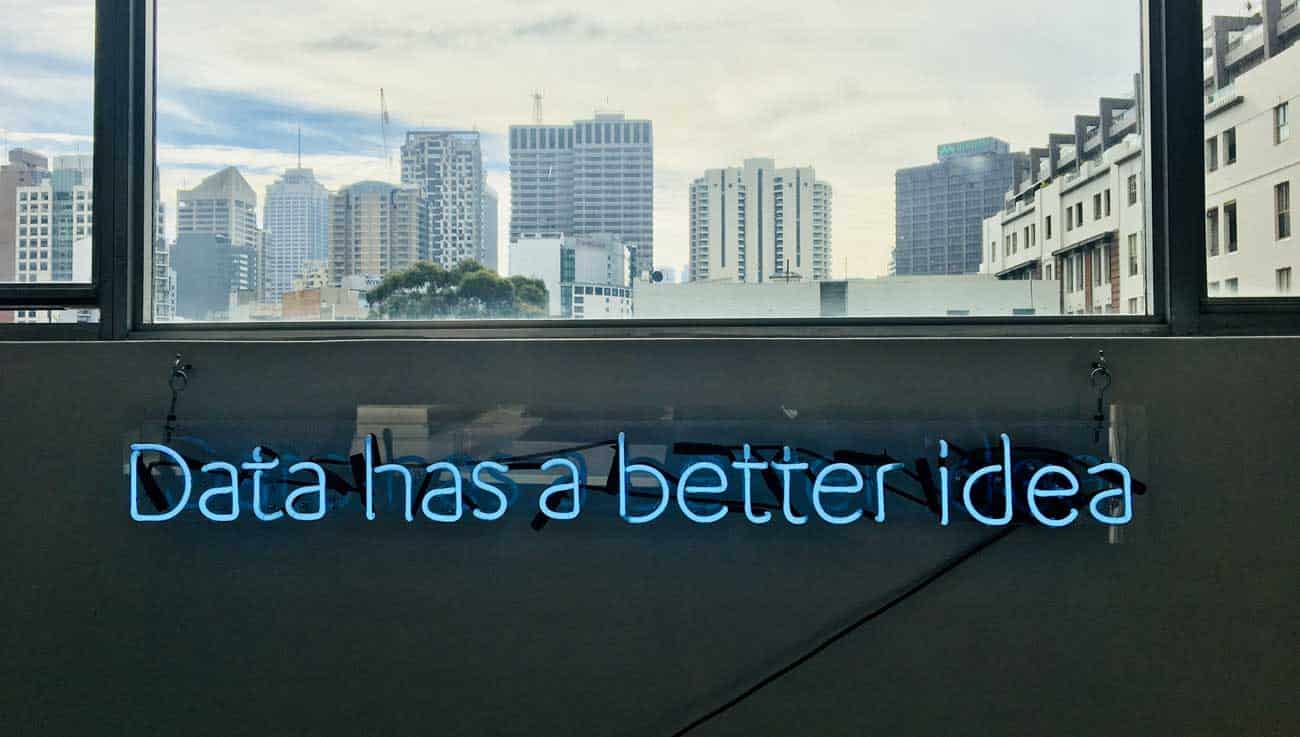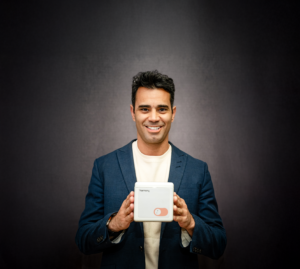
Por Mariana López
January 6, 2020
Contxto – Colombian Rappi is making a move into data analysis. That’s right, this startup is pulling out the big guns and showing it can deliver food and information.
According to Reuters, while the rest of the world was distracted watching Rappi’s lightning expansion, this unicorn was courting restaurants, supermarkets, stores, as well as some major food giants.
The objective of these meetups was for Rappi to show how the shopping and sales info that’s gathered by its app can connect a business with its target consumer.
As part of this data-gathering approach, the startup will continue its expansion into more parts of Latin America.
Related article: Rappi 101: A quick review of how the last-minute delivery app got to where it is
As Google, Facebook and other social media outlets have come to learn, data is a powerful and valuable thing. Consumer companies want data to know who their customers are and the best way to address them. And Rappi is entering this field, according to recent statements.
The startup obtains data of consumer habits via the transactions and delivery services it handles. For example, it can map out how many pizza addicts are within a certain radius based on the deliveries it completes over time. Then, it can provide this information to other major companies like Domino’s.
But before anyone cries data selling or cites a potential Cambridge Analytica scandal, leadership from Rappi clarified that individual data isn’t forked over to businesses. Only shopping trends.
Parties interested in reaping Rappi’s harvest of data include Nestlé and brewer Anheuser-Busch InBev.
The startup wants to continue gobbling up data by adding new users to its app. As a result, it will continue to take over the region blitzkrieg-style. Its primary targets are urban centers with at least 500,000 inhabitants.
Rappi can currently be found in nine countries and is valued at around US$3.5 billion.
Moreover, Central America constitutes mostly uncharted territory for Rappi.
But if this expansion continues, it may face off with Salvadoran Hugo, a last-mile delivery startup that’s already well-known in those parts. Plus, it still has to compete with the likes of Uber Eats and Cornershop.
Startup showdowns anyone?

Related article: HugoApp from El Salvador to launch in the Dominican Republic
-ML

Por Stiven Cartagena
January 12, 2026

Por Stiven Cartagena
December 12, 2025